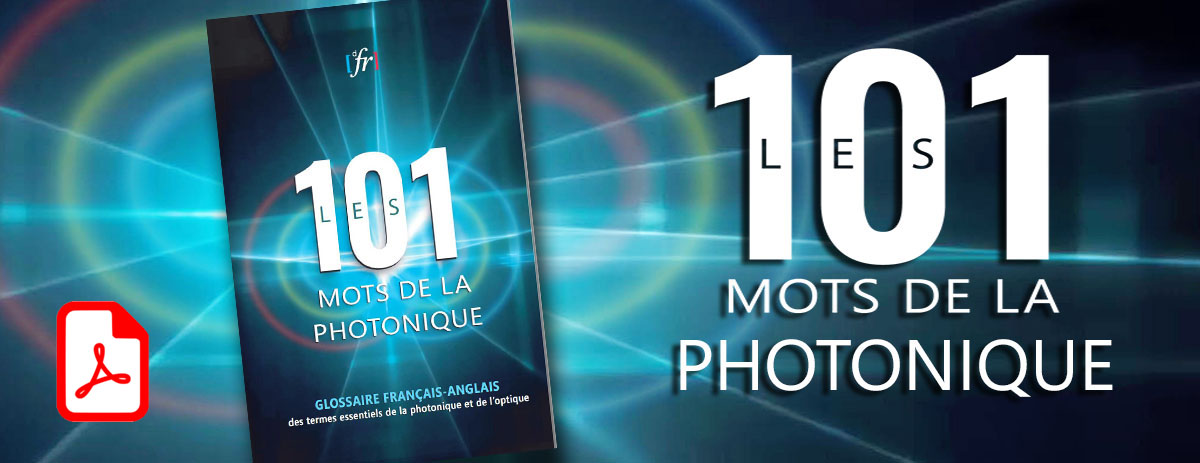« Pondération attentionnelle » : différence entre les versions
Aucun résumé des modifications |
Aucun résumé des modifications |
||
| (6 versions intermédiaires par 2 utilisateurs non affichées) | |||
| Ligne 1 : | Ligne 1 : | ||
== Définition == | == Définition == | ||
[[Mécanisme d'attention]] qui attribue un [[poids]] aux différents éléments qui constitue une [[Séquence de mots|séquence]] en fonction de leur importance. | |||
== Compléments == | |||
Par exemple, en [[traitement automatique de la langue]], le [[mécanisme d'attention]] attribuera des [[poids]] différents aux mots en fonction des liens entre les mots et de leur différent rôle linguistique. | |||
Nous proposons d'adopter le terme ''pondération attentionnelle'' qui est déjà en utilisation dans le domaine de la psychologie pour désigner un concept similaire. | Nous proposons d'adopter le terme ''pondération attentionnelle'' qui est déjà en utilisation dans le domaine de la psychologie pour désigner un concept similaire. | ||
== Français == | == Français == | ||
''' pondération attentionnelle ''' | ''' pondération attentionnelle ''' | ||
''' pondération de l'attention ''' | ''' pondération de l'attention ''' | ||
== Anglais == | == Anglais == | ||
''' Attention-Weighting''' | ''' Attention-Weighting''' | ||
'''Attention Weights''' | '''Attention Weights''' | ||
== Source == | == Source == | ||
[https://doi.org/10.1146/annurev.psych.49.1.585 Source : Goldstone, R. L. (1998). ''Perceptual Learning. Annual Review of Psychology''] | [https://doi.org/10.1146/annurev.psych.49.1.585 Source : Goldstone, R. L. (1998). ''Perceptual Learning. Annual Review of Psychology''] | ||
[https://arxiv.org/pdf/2211.07714 Source : arxiv] | [https://arxiv.org/pdf/2211.07714 Source : arxiv] | ||
[https://en.wikipedia.org/wiki/Attention_(machine_learning) Source: wiki] | [https://en.wikipedia.org/wiki/Attention_(machine_learning) Source: wiki] | ||
[[Catégorie: | [[Catégorie:GRAND LEXIQUE FRANÇAIS]] | ||
[[Catégorie:101]] | |||
Dernière version du 17 septembre 2024 à 14:15
Définition
Mécanisme d'attention qui attribue un poids aux différents éléments qui constitue une séquence en fonction de leur importance.
Compléments
Par exemple, en traitement automatique de la langue, le mécanisme d'attention attribuera des poids différents aux mots en fonction des liens entre les mots et de leur différent rôle linguistique.
Nous proposons d'adopter le terme pondération attentionnelle qui est déjà en utilisation dans le domaine de la psychologie pour désigner un concept similaire.
Français
pondération attentionnelle
pondération de l'attention
Anglais
Attention-Weighting
Attention Weights
Source
Source : Goldstone, R. L. (1998). Perceptual Learning. Annual Review of Psychology
Contributeurs: Arianne Arel, Patrick Drouin, wiki










